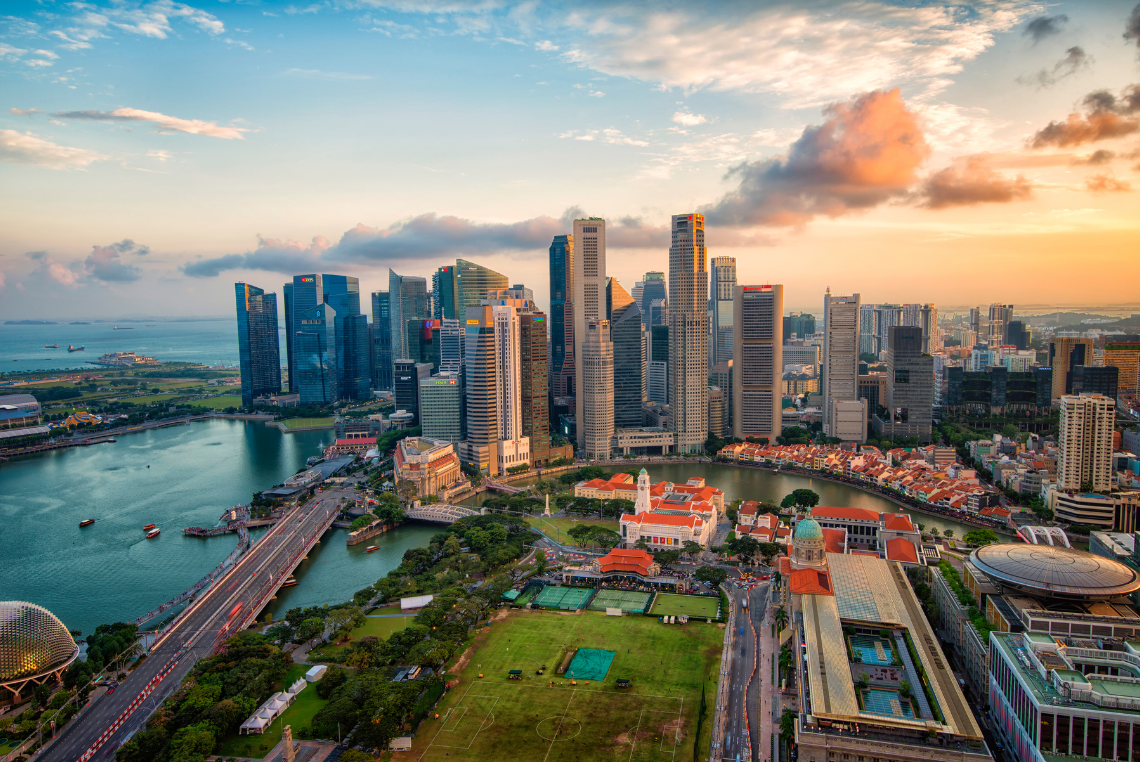- +91 22 23526372
- kgc@karangupta.com

Singapore, a prosperous island nation known for its urbanisation and strategic trade position, maintains a relatively high cost of living, particularly for international students from India. On average, students can expect to spend between S$750 and S$2,000 per month on living expenses, which include accommodation, food, transportation, and other necessities. While this range can vary based on lifestyle choices and accommodation preferences, it reflects the general expenses students might incur while studying in Singapore.
| Category | S$ |
| Rental (University Halls of Residence) | $475 |
| Household Help (Hourly) | $18 |
| Transport | $160 |
| Rental off campus | $1855-$4,882 |
Rentals can vary significantly between universities, and the figures provided are averages. Typically, accommodation in university hostels ranges from S$150 to S$800. Costs can escalate further for private rooms or hostels, and independent accommodation in private housing starts from S$1000 upwards.
| Category | S$ |
| Street Food per head | $4-$8 |
| Meal for two (average cafe) | $54 |
| 1 Litre Milk | $3.40 |
| Cottage Cheese | $20 |
Studying abroad offers a tapestry of experiences that domestic options simply can't match. Here's a simple breakdown of living expenses. Look at these costs to gauge how much extra pocket money you might need. To enjoy occasional meals out, catch a movie once in a while, or savour a coffee break, budget around S$300 to S$500 per month for your entertainment and personal expenses.
| Category | Average S$ |
| Internet (monthly) | $45 |
| Books and Stationary | $150 |
| Haircut | $35 |
| Toiletries | $21 |
In addition to academic expenses, students abroad often have to budget for books, stationery, internet and phone bills, occasional haircuts, and visits to clinics. Singapore, in this regard, compares similarly to other study destinations in terms of cost of living. What makes Singapore attractive for Indian students is its proximity and the availability of part-time jobs. Students can work up to 16 hours per week during term time, without a minimum wage requirement, allowing them to earn decent pocket money. While these earnings may not cover tuition fees, they can enhance the student experience and make living in Singapore more enjoyable.
The cost of studying in Singapore varies significantly depending on several factors, including the university's location, recognition, the chosen program, and the level of study. As tuition fees can fluctuate over time, it's advisable for students to regularly check the official websites of universities for the most current information.
International students are expected to pay between S$20,000 and S$45,000 annually for undergraduate programs. Courses in medicine, engineering, and business typically have higher tuition fees.
For postgraduate studies, international students may need to pay between S$25,000 and S$50,000 per year. Similar to undergraduate courses, programs in medicine, engineering, and business generally come with higher fees.
Doctoral programs tend to be more affordable, with annual fees ranging from S$15,000 to S$30,000. Typically, the tuition for PhD programs is lower compared to postgraduate courses.
For the most accurate and up-to-date fee information, students should refer to the universities' official websites regularly.
Cost-Saving Tips in Singapore for International Students
Buy a Local SIM Card: Opt for a local SIM card instead of international roaming to save on mobile and data charges.
Compare Plans: Look for the best deals among various mobile carriers to find a plan that suits your usage.
Use Wi-Fi: Connect to Wi-Fi in public places, cafes, and your accommodation to reduce data usage.
Local Markets: Purchase groceries and essentials from local markets and shops rather than international chains.
Hawker Centers: Eat at hawker centres for affordable and delicious local food.
Discount Stores: Explore discount stores for household items and everyday necessities.
Shared Memberships: Share memberships for services like gym, streaming platforms, and clubs with friends or housemates to split the cost.
Student Discounts: Take advantage of student discounts offered by various services and retailers.
Marina Bay Sands: Enjoy the free light and water show at Marina Bay Sands, a popular attraction.
Garden Rhapsody: Visit Gardens by the Bay for the free Garden Rhapsody light and sound show.
Esplanade Theatres: Attend free concerts and performances at Esplanade Theatres on the Bay, which hosts regular free events.
Community Events: Look out for community events and festivals that offer free entertainment and cultural experiences.
Indian students considering studying in Singapore should be prepared for high living costs, which can range from S$750 to S$2,000 per month. This range depends on various factors such as accommodation type and location, lifestyle choices, and personal spending habits. Singapore is known for its high standard of living, which comes with a corresponding cost. However, despite these expenses, the quality of education, safety, and vibrant multicultural environment make it a compelling destination for higher studies. Budgeting effectively and exploring potential financial aid options can help manage these costs.
